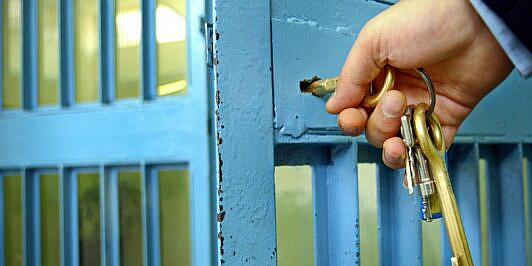A data breach leaked personal and phone data of thousands of prison inmates. What happened?
Summary
Telmate, a software company that built the app GettingOut for incarcerated persons to send messages and make phone calls to friends and family outside of prison, “exposed a database of private messages and personal information on the web without a password”.
-
Telmate is owned by parent company GTL, which has received pushback in the past on antitrust issues.
-
GTL was also the subject of debate in 2019 when several senators proposed a bill to reduce phone rates, alleging that GTL was charging unfair rates for inmates to make phone calls.
-
The data breach, which occurred at the end of August but was reported on for the first time last week, included 11 million contact records and over 227 million messages between inmates and family/friends. The records contained inmates’ personally identifiable information including phone, home address, e-mails, and driver’s license information.
-
The issue raised concerns about the poor security measures used to secure the data in the first place and broader concerns about the treatment of prison inmates in the United States.
![]()
-
Has been reporting on issues relating to the inhumanity of constant surveillance on apps like GettingOut for several months, a point which is compounded by the recent data breach.
-
Is recirculating reporting of previous similar incidents in the prison system, citing them as a symptom of a more widespread issue of not caring for the privacy of inmates’ data.
-
Generally reports heavily on the shortcomings of the criminal justice system, including extensive coverage of the disproportionate impact that coronavirus has had on incarcerated persons.
![]()
-
Degrades criminal justice reform advocates by shedding more light on stories about corrupt prison reform activists than on stories about shortcomings in the system.
-
Focuses coverage on the benefits of the doubt that have been offered to inmates during the pandemic, including a motion passed in April that made phone and video calls free to inmates during the pandemic.
© Evelyn Torsher, 2020






